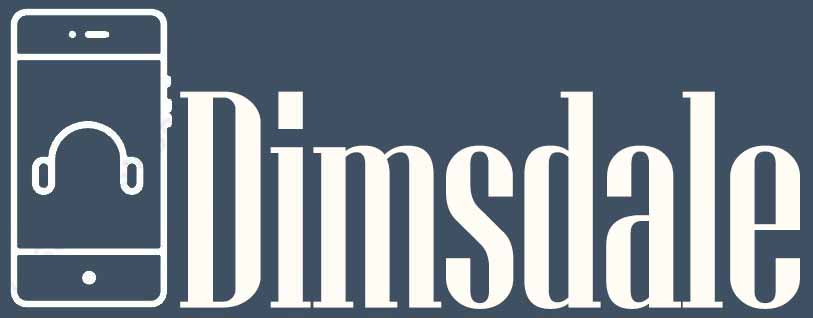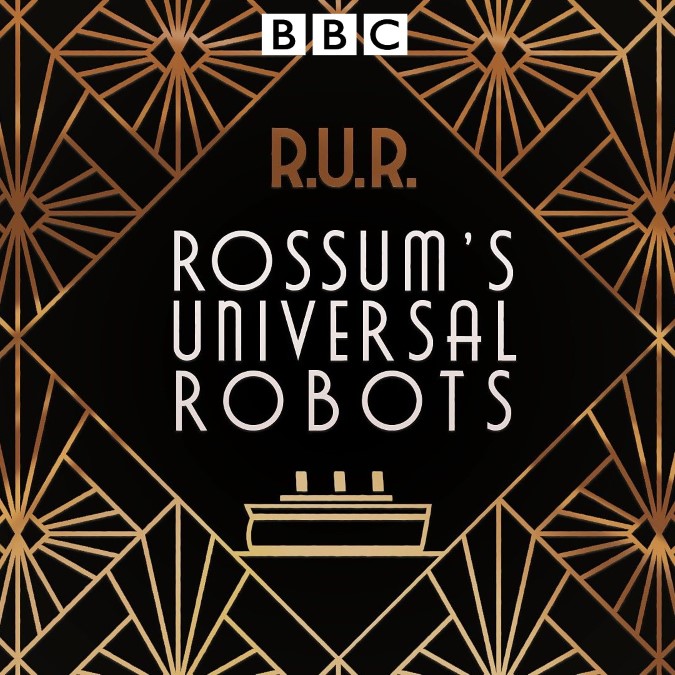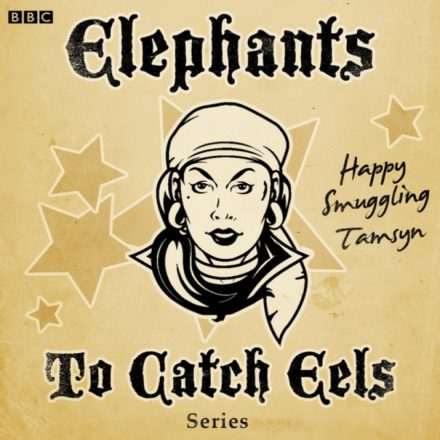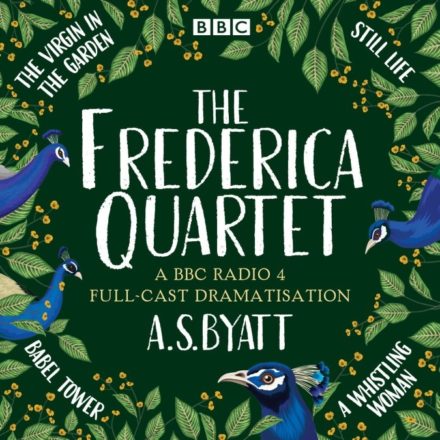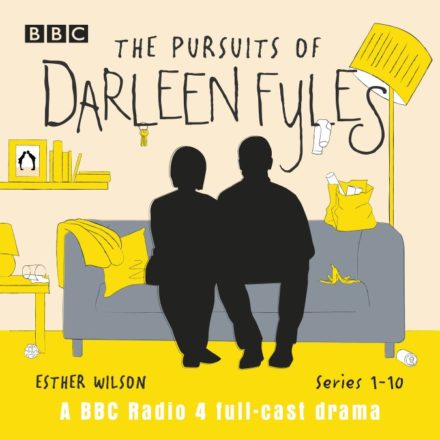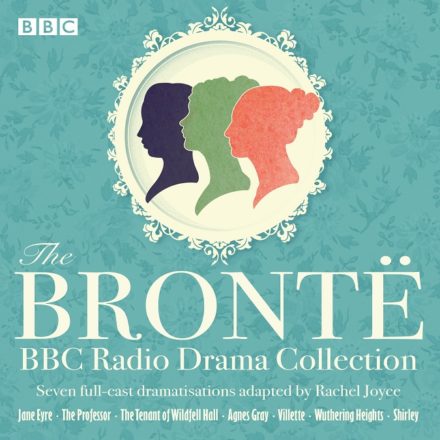Members get information about when streams/downloads become available, as well as accessing podcast RSS feeds for freely-available content to make listening to great shows a breeze, Register Here
Karel Čapek’s ultra-prescient, retro-futurist 1921 comedy (the classic which gave us the word ‘robot’) is reimagined with a massive dose of character-driven and song-centred heart.5
In Capek’s world, machines do all the work and their monopolistic makers care only about enriching themselves. Robots make huge volumes of goods very cheaply, but there are limited resources to make these goods from and humans don’t care so long as life keeps getting lazier.
The movie star Lady Helen is on a personal crusade. She visits the island factory of Rossum’s Universal Robots, robot-makers to the world, with the intention of freeing the robots. Despite her better judgement, she falls in love with Chairman Domin, the capitalist boss of R.U.R, who dismisses her campaign by insisting that robots are devoid of emotion and free will. Undeterred, Lady Helen persuades a sympathetic scientist to grow a small batch of robots with these very qualities.
The new robots defy all expectations, not least because of their resolute commitment to saving the world from the humans.
These new robots, with built-in emotion and free will, reasoned that the planet was being destroyed by intelligent life so they intervened by saving the world. The final part of their plan was to destroy themselves thus nullifying the damage they might cause to the planet. However, when push comes to shove, they can’t bring themselves to do it. Instead, they must come to terms with what it means to be robot.
Episode List
- 01 – Rossum’s Universal Robots
- 02 – Rossum’s Universal Robots
